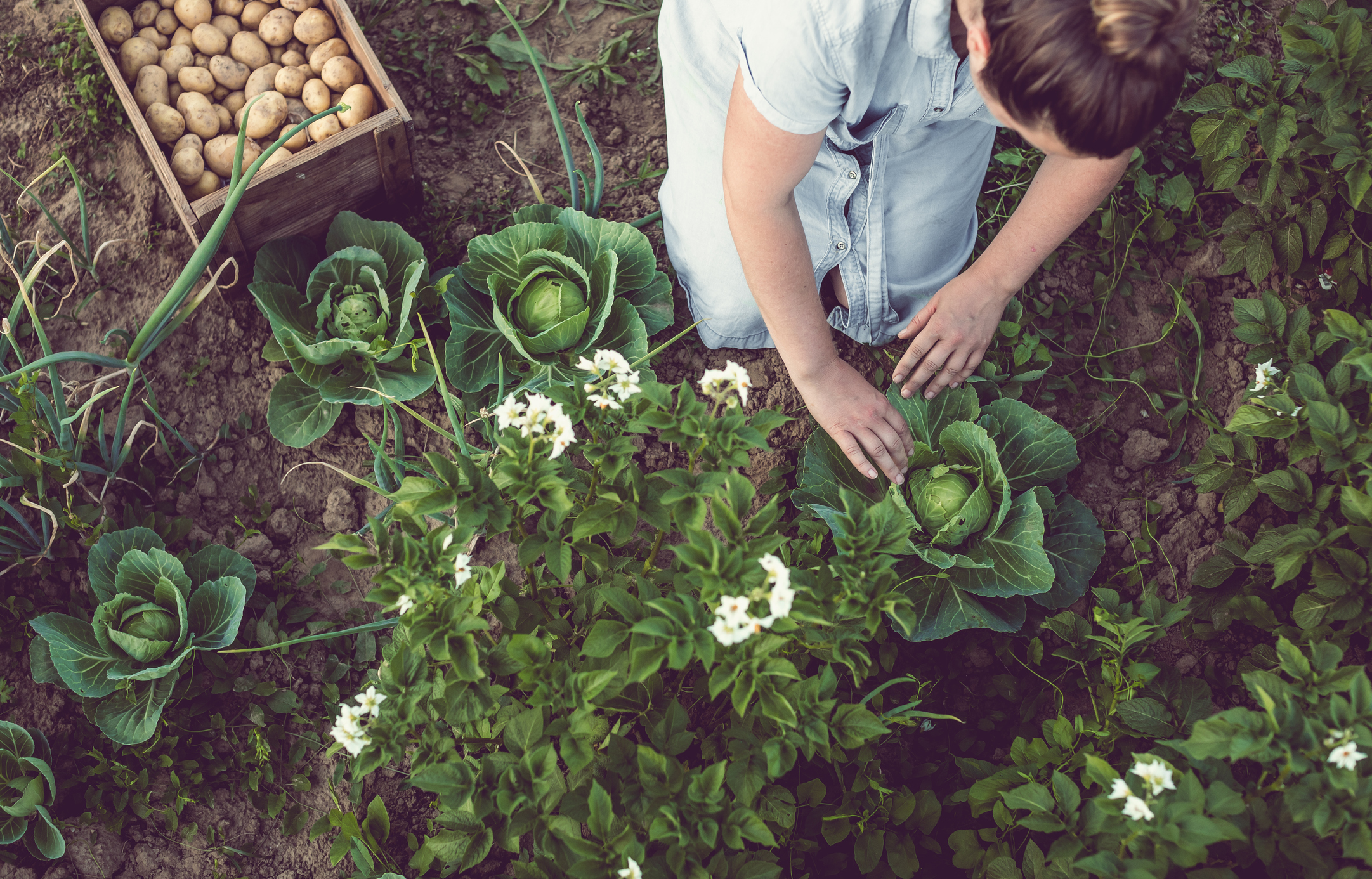Things I Learned from Another Amazing Gardening Year

Your garden is a silent tutor. Apart from teaching you things about soil and plants, it can also teach you things about life. If you need to make some changes to the landscape or your garden, you can search for “landscape companies near me” and hire pros to do it for you. Let’s check out things you can learn from gardening.
The Details
1. Appearance shouldn’t be the only metric – Beauty is a thing that needs to be appreciated. However, it should not be the only metric you should use for making decisions. Sometimes, beauty can be very deceiving and in gardening, it can be deadly. For instance, when you grow your garden, it will invite all kinds of colorful insects, birds, and butterflies. However, all of them aren’t beneficial and can destroy your garden within days.
2. Nature provides free therapy sessions – When you spend time in your garden growing or caring for your plants, you get your hands in the dirt while your nose is hit by all kinds of scents. You also see insects and worms being lively around your plants and doing their best to survive another day while being a cog in the circle of life.
While gardening requires demanding physical work, in the end, you come out refreshed and revitalized. Gardening offers you free workouts and therapies so that you can keep both your body and mind healthy. Research also shows that spending more time in nature is generally good for your mental health and brings you refuge away from the daily stress and challenges.
3. Kids are more likely to eat veggies when they grow them – Kids are picky eaters. While the world is making more healthy choices and adults are in search of more superfoods in seeds, nuts, and veggies, kids want more sugar in their diet. You have to implement a lot of tricks to make them eat those healthy and nutrient-rich veggies.
However, that doesn’t need to be the case. Instead of bribing and forcing your kids to eat veggies, make them participate in gardening. When they get involved in gardening and grow their own cherry tomatoes or squash with labor and love, they would be most excited to try it out.
4. It may not be cheaper than the store, but certainly superior – Some gardeners claim that the produce they grow in their small backyard garden is often cheaper than store-bought veggies. That may or may not be true for different people since it depends on plenty of factors. It’s also very difficult to keep track of the money and every cent you spend on different products. Things get overwhelming when you try to factor in the tiny number of seeds, compost, and mulch that has been used on each plant.
Tracking those expenses for your home garden also takes the joy out of gardening. Even if it’s not cheaper, homegrown produce should cost the same or slightly more than the veggies at the grocery store. However, homegrown veggies are always superior in quality, flavor, and nutrient content. If you don’t use chemical fertilizers and pesticides, those veggies should be fuller and have a rich taste.
Moreover, homeowners don’t practice monoculture in their home garden to destroy the soil and that’s why the product has higher nutrient content. As a bonus, the carbon footprint is also smaller since the produce goes directly from your garden to your kitchen and doesn’t travel for thousands of miles on gas-guzzling ships and trucks.
5. Mistakes are lessons – When you’re just starting your home garden, you’ll fail numerous times. Your plants would die out, rot, fall to pest infestation, and won’t be able to compete with weeds. Other times the soil would deteriorate, or you won’t be at the top of your watering game. However, each time you make a mistake, you learn a new lesson and change your ways to solve a problem.
You learn how to grow complimentary plants and invite symbiotic insects into your garden to deal with pests and weeds. You also learn to test the soil and change it according to your needs. As you get better at your craft, you become a better gardener and slowly start seeing the fruits of your labor in the form of bountiful harvests.
6. Prepare to preserve – Most people don’t realize the scale at which they are gardening. Modern home gardening techniques allow you to maximize the square footage and get the most out of the available land. Even if you live in a tiny apartment and grow veggies in containers on your patio, you’ll be surprised by the harvest you can get. That’s why most people aren’t prepared to deal with that kind of excess.
When you become a successful gardener, you need to prepare to preserve veggies. You’ll be able to eat some of it in a week or two and give some of it to your friends and neighbors. The rest of it needs to go in jars with plenty of salt, vinegar, and some other spices so that they can last you throughout the year.
7. Variety is the key to success – Diversity usually enables great things. For humanity, it creates more inclusive and accepting societies where all kinds of ideas can be exchanged. In your garden, it leads to healthy plants with bountiful harvests. If you choose to plant just one or two types of plants in your garden, they are highly vulnerable to pests and diseases. If one plant gets infected, it can wipe out your entire garden. On the other hand, a garden full of diverse plants does not fall prey to such circumstances.
Conclusion
Gardening is a tiring yet exciting and fulfilling activity. You get the opportunity to learn many new things while gardening. From making your crops more productive to developing the insight of judging things not just from their appearance. On the other hand, if you want big changes in your landscape, you can search for “landscape companies near me” and hire professionals for the job.
